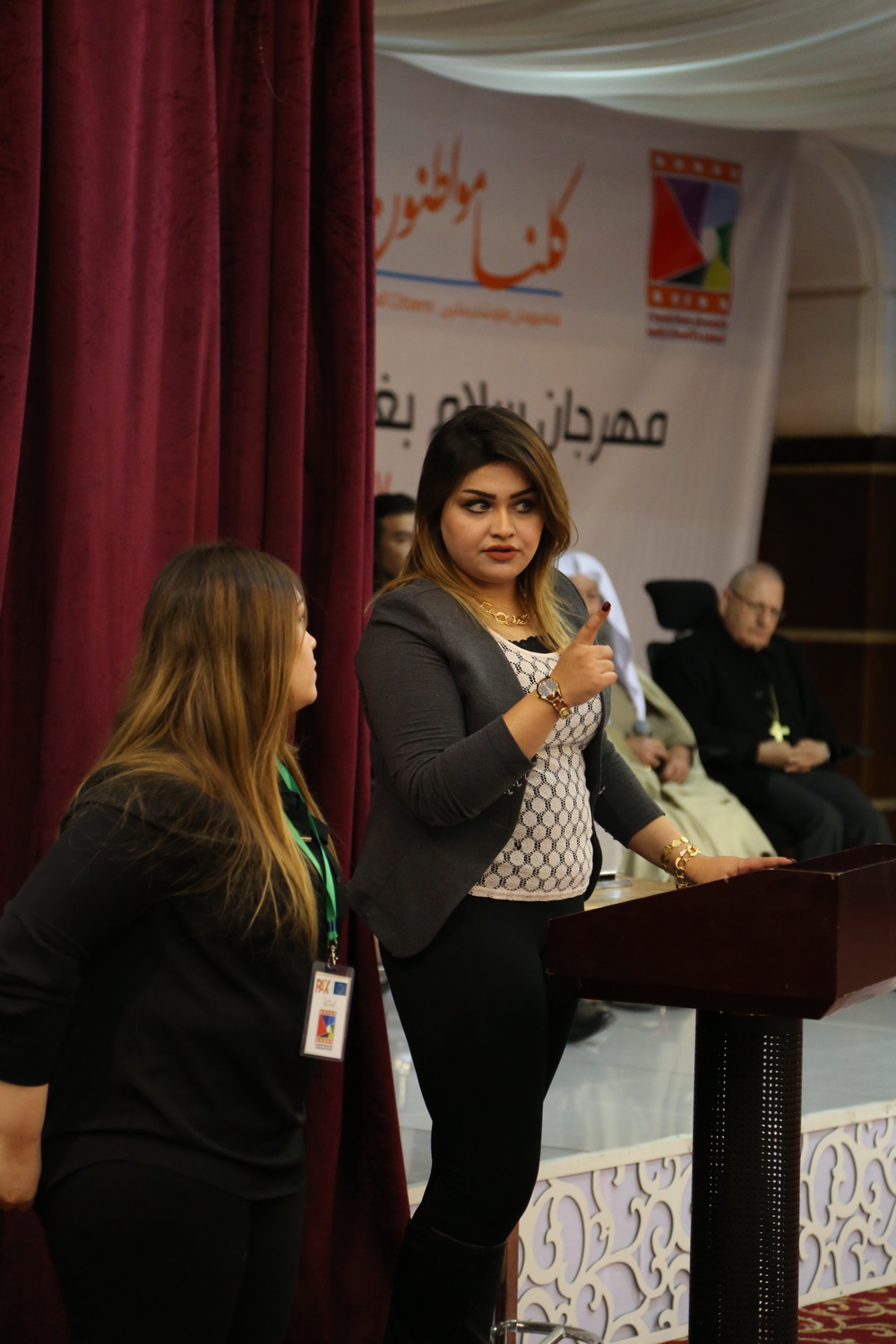Do young people vote differently than their parents? And do they feel free from sectarian politics? That’s what Thirsa de Vries, PAX programme leader on Iraq, had hoped. But the election results do no paint a clear picture when it comes to young people’s affiliations.
Young people make up the largest demographic group in Iraq and as such could have swayed Saturday´s parliamentary election. During the last couple of years, young people have been presented only two options: to fight or to flee. However, during the recent electoral campaign only one party, a Kurdish party called the New Generation, actively went after the youth vote. This partyperformed well under expectations. Turnout in general was low at about 44 percent.
Muqtada al-Sadr on top
The coalition led by the Shiite cleric Muqtada al-Sadr appears to big the big winner. He managed to form a nationalist coalition, Sayiroun, made up of his followers, various secular groups, and the Iraqi Communist Party. The runner-up was an alliance of pro-Iranian militias which were instrumentalin defeating ISIS.
Government of technocrats…
The result is a sign of the current transitional phase: there is broad agreement that the violence, corruption and crony politics has to stop. However, opinions differ on how to make this happen. Inspired by the Arab Spring in 2010-2011, a large number of young people have been calling for an end to the sectarian system in which ethnicity and religion determine one’s future. These youth strive for a political system based on ideas and equality, independent of one’s background. Muqtada al-Sadr and his allies share this vision. Many years of delicate negotiations resulted in Sayiroun, a broad coalition united by the desire for a technocratic government which would be led by experts rather than the current system led by leaders of ethnic and sectarian groups.
… or security in one’s own group
On the other hand, after years of bad governance, corruption and conflict, most Iraqis have lost all faith in the government and instead turn to their own, preferably heavily-armed, group for security. It is in part thanks to the predominantly Shiite militias that the Iraqi army was successful against ISIS. These militias offered unemployed young people jobs and social status. Their success shows that the sectarian political system is still strong, even among young people. The upcoming negotiations and governing coalition will be vitally important for which direction the country is going to take.
PAX gives young people a chance
PAX’s work in Iraq is aimed in part at providing support to young people who desire change. PAX has trained young men and women in skills to persuade the current political class to do more for young people’s future. PAX has also highlighted young Iraqi’s perspectives in lobby work in the Netherlands and internationally. The Dutch ambassador in Iraq expressed his appreciation for this work.




